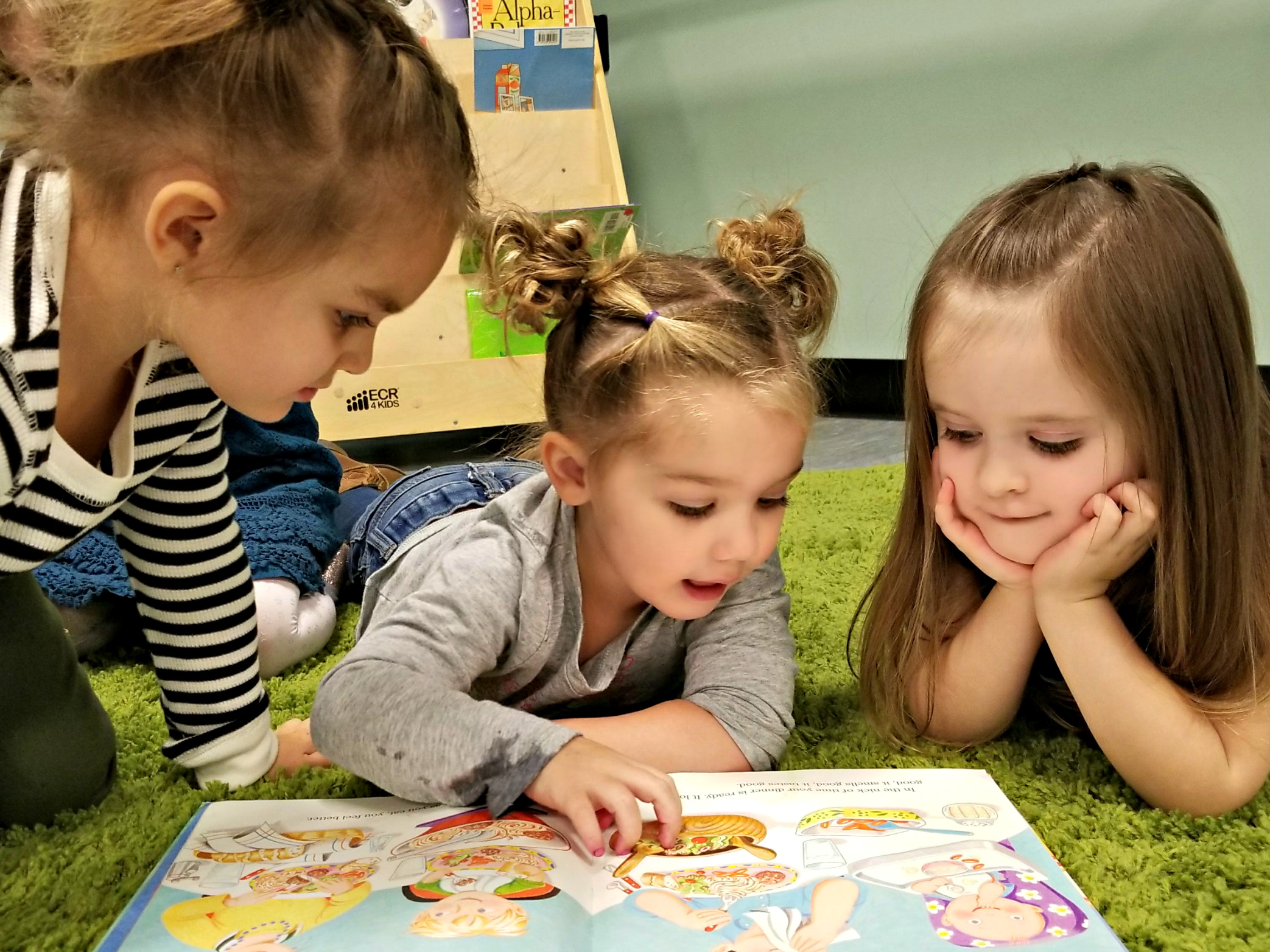
As parents, we all want our children to be successful in life. We want them to have the tools they need to succeed, and one of the most important of those tools is literacy. Developing literacy skills early on is key to a child’s future academic and personal success. In this article, we’ll explore the importance of baby literacy development and provide tips on how to help your child achieve their full potential.
Table of Contents
What is Baby Literacy Development?
Baby literacy development refers to the process of acquiring and developing reading and writing skills from birth to three years of age. During this time, babies’ brains are rapidly developing, making it the perfect time to introduce them to language and literacy. Research shows that babies who are exposed to books and language from an early age have increased language and cognitive development, setting them up for future academic success.
How Can Parents Promote Baby Literacy Development?
There are many ways parents can promote baby literacy development. The most important thing is to start early and make literacy a part of daily life. Here are some tips:
Read to Your Baby
Reading to your baby is the easiest and most effective way to promote literacy development. Even if your baby doesn’t understand the words, they’ll still benefit from hearing your voice and the rhythm of the language. Choose books with bright colors and simple pictures, and make reading a part of your daily routine.
Talk to Your Baby
Talking to your baby is another great way to promote literacy development. Describe what you’re doing as you go about your day, and engage your baby in conversation. Ask them questions and give them time to respond. This will help them develop their vocabulary and language skills.
Sing to Your Baby
Singing to your baby is a fun way to promote literacy development. Choose simple songs with repetitive lyrics and sing them often. This will help your baby develop their memory and language skills, and also promote bonding between you and your baby.
Provide a Print-Rich Environment
Provide a print-rich environment for your baby by surrounding them with books, magazines, and other reading materials. Point out letters and words as you read, and encourage your baby to touch and explore the books on their own.
Use Technology in Moderation
Technology can be a great tool for promoting literacy development, but it should be used in moderation. Choose age-appropriate apps and games that promote literacy skills, and make sure to limit screen time to no more than two hours per day.
The Benefits of Baby Literacy Development
The benefits of baby literacy development are far-reaching. Babies who are exposed to books and language from an early age have increased language and cognitive development, setting them up for future academic success. They’re also more likely to develop a love of reading, which can lead to a lifelong love of learning.
Frequently Asked Questions About Baby Literacy Development

Q: When should I start reading to my baby?
A: You can start reading to your baby as soon as they’re born! Even though they may not understand the words, they’ll still benefit from hearing your voice and the rhythm of the language.
Q: How often should I read to my baby?
A: Aim to read to your baby at least once a day. Make reading a part of your daily routine, such as before naptime or bedtime.
Q: What kinds of books should I choose for my baby?
A: Choose books with bright colors and simple pictures, and make sure they’re age-appropriate. Board books are a great choice for babies, as they’re durable and easy to handle.
Q: How can I make reading fun for my baby?
A: Make reading fun by choosing books with interactive elements like touch-and-feel textures, lift-the-flap pages, or pop-up elements. You can also make up your own stories to capture your baby’s interest.
Q: What if my baby doesn’t seem interested in reading?
A: Don’t worry if your baby doesn’t seem interested in reading at first. Keep trying different books and techniques, and remember that every baby develops at their own pace.
In conclusion, baby literacy development is a crucial part of a child’s learning potential. By starting early and making literacy a part of daily life, parents can help their babies develop the skills they need to succeed in the future. With these tips and strategies, you can help your baby achieve their full potential and set them up for a lifetime of learning.
